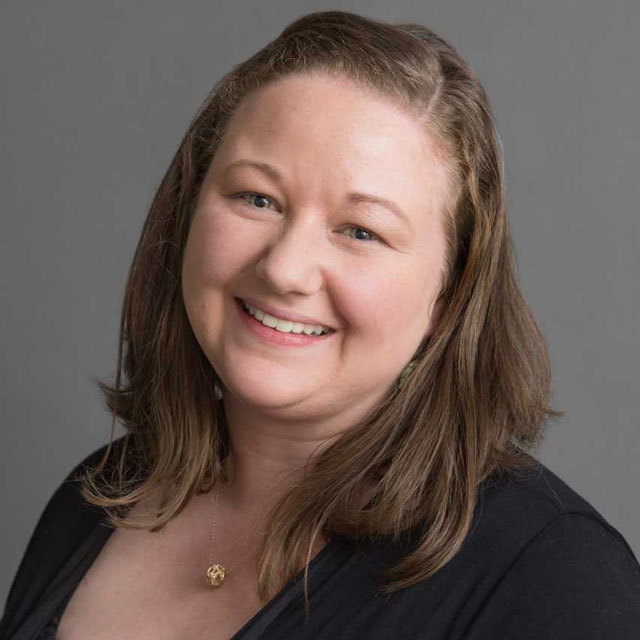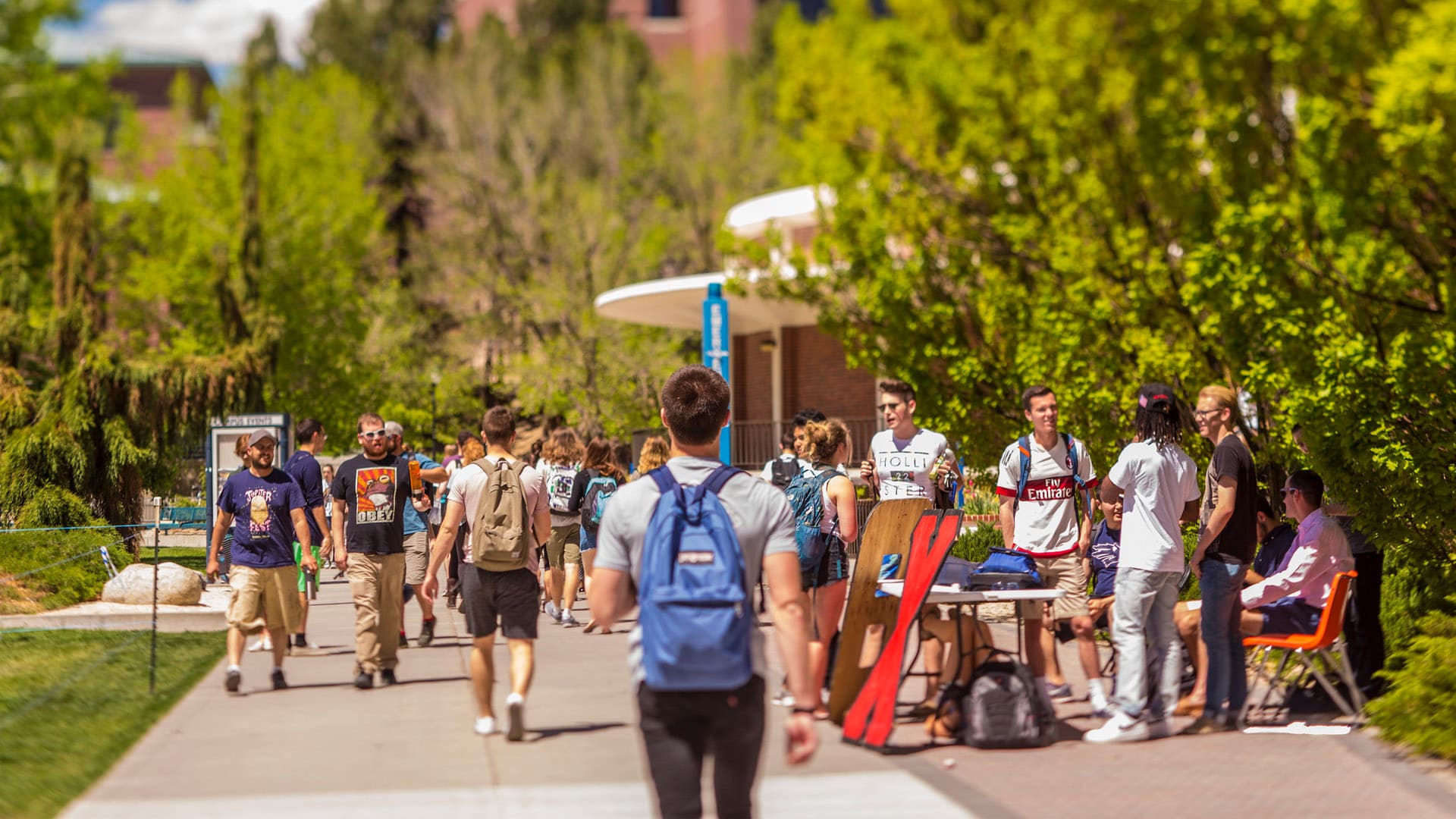Placement into your courses in college can be scary. You might be wondering, “How do advisors decide which courses I belong in?” You might also be thinking, "I already have college credit from dual enrollment, AP, IB, or CLEP. How do I make sure these credits transfer to college and how do I make sure I don't have to take those classes over again?"
The most important thing to remember is your college advisors will not know about your transfer credits or test credits unless you tell them. At the University of Nevada, Reno, we need you to share with us via the advanced registration survey and order official transcripts, and test scores to be sent to us. This will alert us to the information and allow us to ensure you are placed into the proper courses and are not enrolled in a course you have already completed.
Placement in English and math can be the most stressful as these classes are important for beginning your core requirements and moving forward with higher-level classes in English and Math as well as other areas such as chemistry, biology or engineering. In my last blog, I went into detail about how placement in English and Math works at the University of Nevada, Reno.The rest of this post takes a quick look at how we place you into other courses.
Placement into world languages
The University of Nevada, Reno offers a number of languages that you can take to meet requirements in a variety of majors or to support your own personal development. These languages include American Sign Language, Arabic, Basque, Chinese, French, German, Italian, Japanese, Paiute or Spanish.
You can earn credit for a world language prior to starting at the University by taking AP tests or IB exams. The credit you earn will also be used to place you into the next course in a sequence. For example, if you take AP Spanish (Language & Culture) and earn a score of “3,” you will earn credit for SPAN 111 and 112 and be placed into SPAN 211.
You can view detailed information about what scores correspond to which courses at the University of Nevada, Reno in the Admission, Transfer, and Examination Credit section of our course catalog.
Spanish and French placement exams
Additionally, there are specific placement guidelines for French and Spanish at the University of Nevada, Reno. You can take an online placement exam for $10 to help determine what course you should take if you have previous experience with the language. These exams can help place you into a more advanced course, but they don't earn you credit for the courses not taken. For example, if you take the French placement exam, and place into French 112, you would not earn credit for French 111.
For other world languages, there is no online placement exam but if you have prior experience in those languages, you should contact the department and request a meeting with a faculty member.
AP and IB exams for class placement
Another common way of earning credit and being placed into advanced classes is through Advanced Placement, or AP, and International Baccalaureate, or IB, exams. You can view a list of which exams the University accepts in the Admission, Transfer, and Examination Credit section of our course catalog.
If you are using AP or IB exams for class placement, it's important that you review this information early to understand how your test scores will be evaluated by the University. It is also critically important that you communicate this information to your advisor in your advanced registration survey.
Because the majority of results for IB and AP do not come out until July, you may have already completed advanced registration, gotten your class schedule and attended orientation before you know your scores.If you tell your advisor that you have taken one of these exams and are waiting on the results, they can support you in ensuring you are not taking the course again, tracking when the results are in and working with you to update your schedule.
Your advisor does not automatically receive an update that scores have been received, so it is important to not only put the information on your advanced registration survey but also follow up with your advisor during the summer to make sure your scores are posted and your schedule is updated as needed.
Earning college credit through dual enrollment
Dual enrollment is another way to earn credit before arriving at the University of Nevada, Reno. In a dual enrollment program, you complete a college course while you are still a high school student. You may take the classes at your high school, at a local community college or even at a nearly four-year university. Dual enrollment credits are treated as transfer credits, so you'll need to make sure you request transcripts from the college you took the courses. For example, if you take a course at your high school and are told you will receive college credit from the College of Southern Nevada (CSN), you will need to order a transcript from CSN to be sent to the University of Nevada, Reno. Colleges cannot accept the information from your high school, as they are not the institution that has granted you the credits.
No matter what your high school record is, University staff are here to make sure your first-year college class schedule is right for you. If you are not sure about your class placement or credit, reach out to an admissions coordinator or your academic advisor.

Request more info
Do you have more questions we can answer? Are you interested in receiving additional information about the University, the admissions process, applying, financial aid or more?
